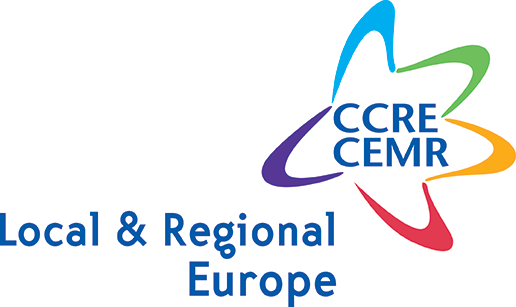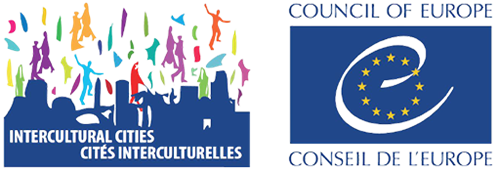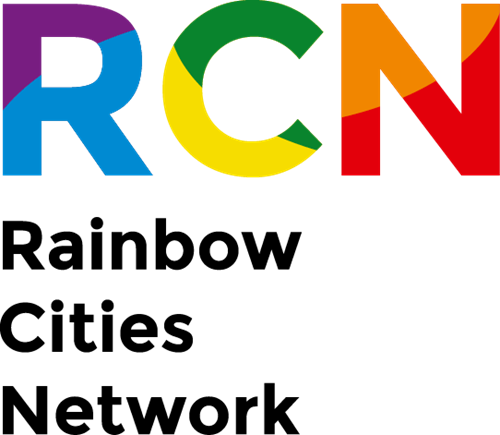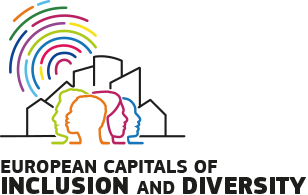
Calling all diversity and inclusion champions
The European Capitals of Inclusion and Diversity Award is open to all local authorities in the EU who are building fairer societies by promoting diversity and inclusion in terms of:
- Sex
- Racial or ethnic origin
- Religion or belief
- Disability
- Age
- LGBTIQ identity
This means your town, city, or region could get the recognition it deserves for building an environment that allows everyone to feel safe and fulfil their potential.
Award categories
There are two main categories:
- Local authorities with less than 50 000 inhabitants
- Local authorities with more than 50 000 inhabitants
A specific award will also be given for local authorities enabling safe towns, cities and regions for women in all their diversity, by addressing violence against women.
You can submit your application in any EU official language.
Deadline
Applications closed on 15 February 2024 12:00 CET. Thank you to all those who applied.
Find out who the winners are at the Award ceremony on 25 April 2024.
Inspire the EU, build a Union of Equality
The Award is about more than recognition. Our winners will inspire other towns, cities and regions by sharing best practices and winning policies. This will take us all a step further to a Union of Equality and a more equal society.
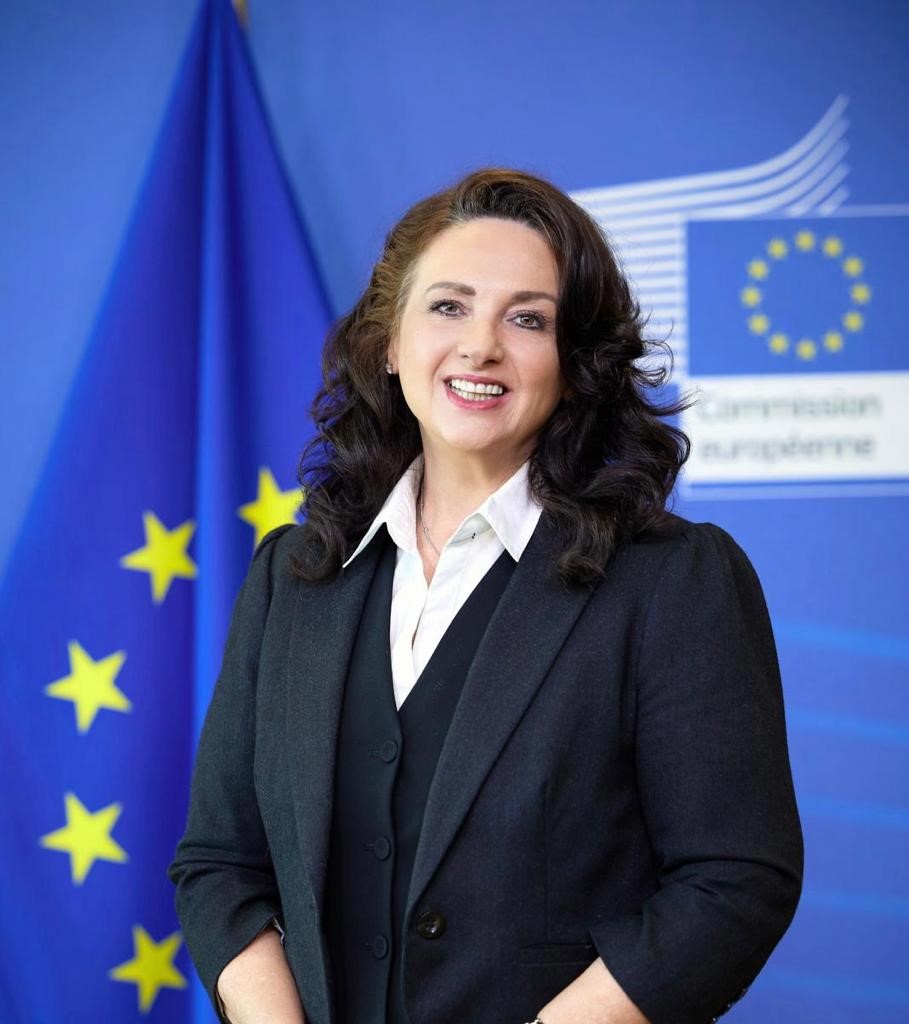
Helena Dalli, Commissioner for Equality © European Commission
The European Capitals of Inclusion and Diversity Award is granted to local authorities that exemplify outstanding dedication to creating safe, inclusive spaces where all feel that they belong and can flourish. The winning local authorities transform the ideal of inclusion and diversity into tangible deliverables. This serves to inspire others. I thank these European capitals for taking the Union of Equality to citizens at the local level.
Helena Dalli, European Commissioner for Equality
Thank you
The concept of the Award has been prepared in consultation with colleagues from across the European Commission including those in the Directorates-General for Justice and Consumers, Regional and Urban Policy, Employment, Social Affairs and Inclusion, Environment and the Secretariat-General. We have also worked with the Committee of the Regions.
Organisations outside the European institutions have also supported us:


